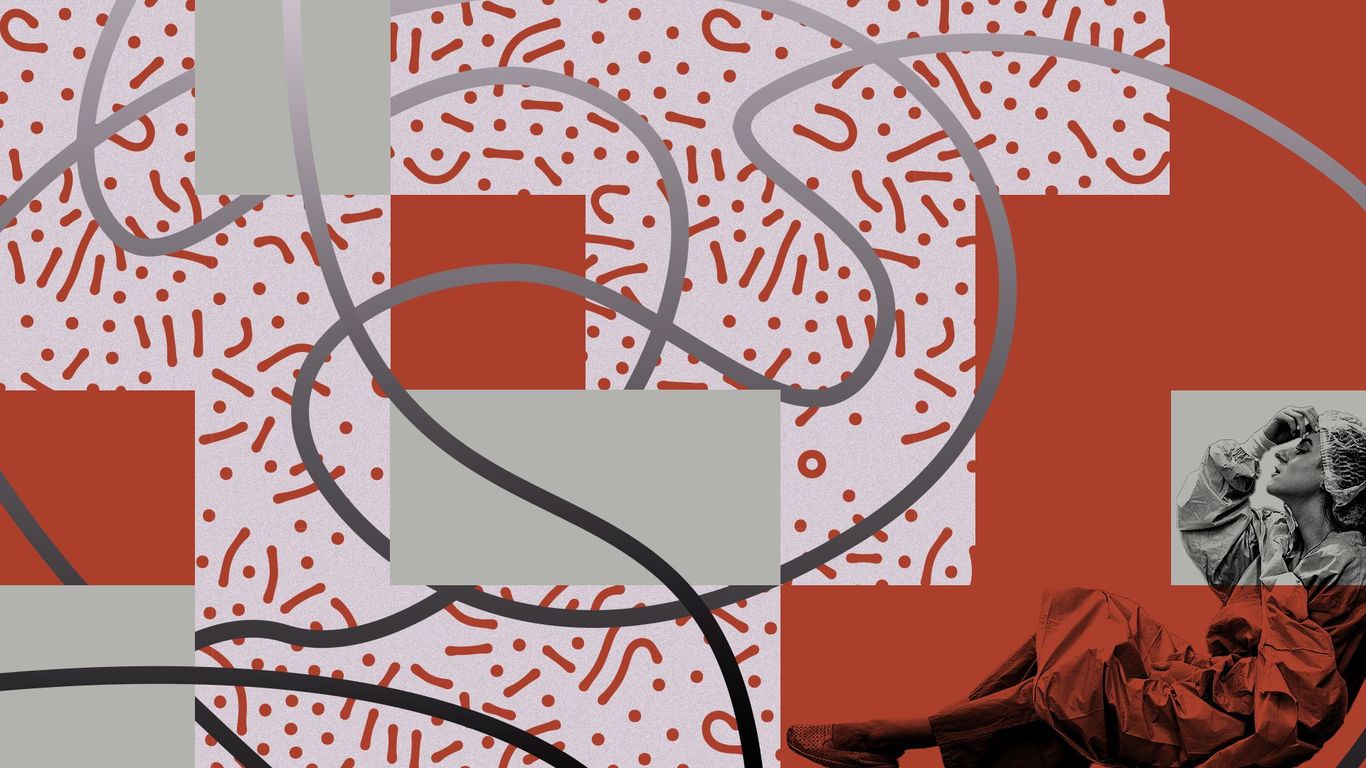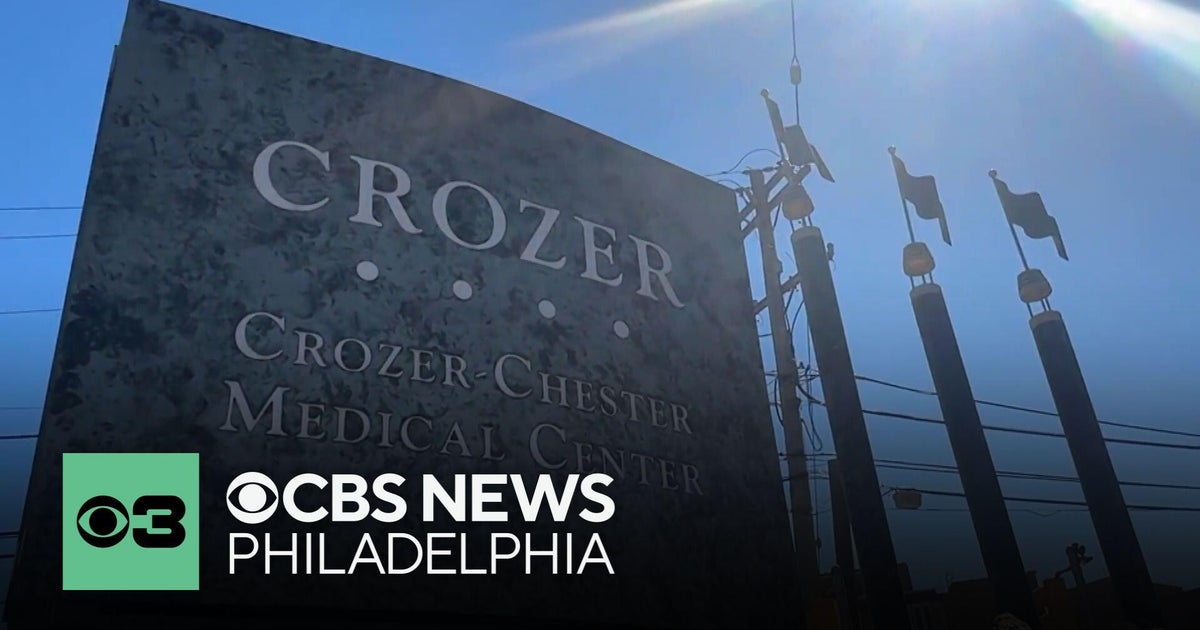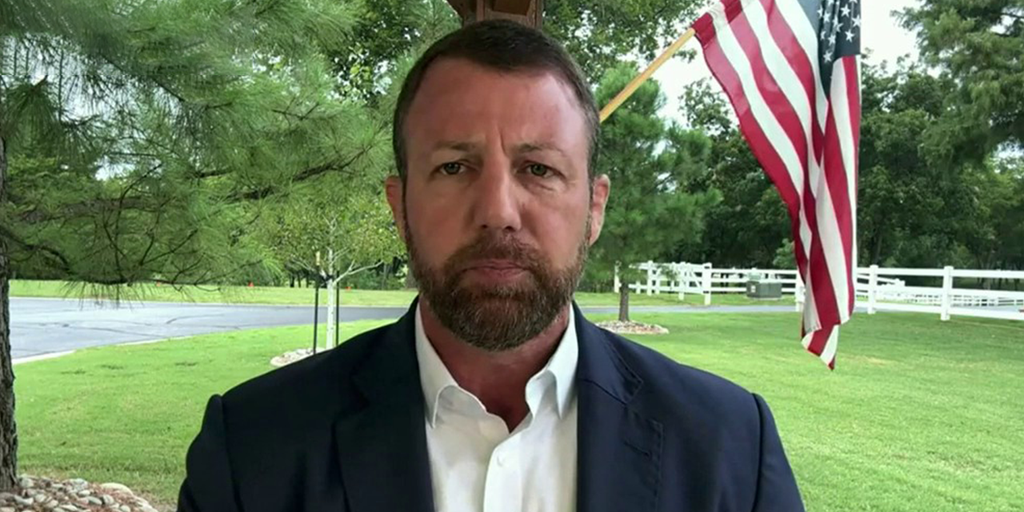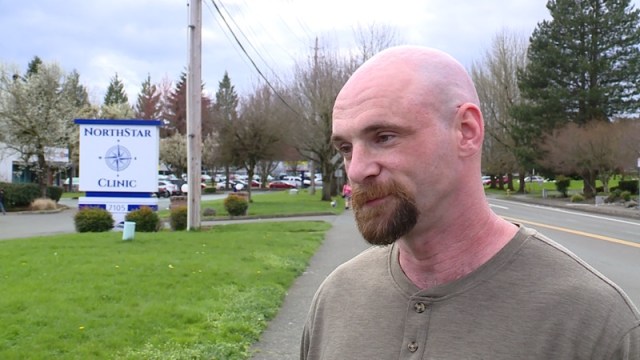Healing the Healers: The Lingering Scars of COVID's Healthcare Crisis

The Silent Crisis: How Provider Burnout Undermines Patient Care
Healthcare professionals are facing an unprecedented mental health challenge that extends far beyond their own wellbeing. Provider burnout isn't just a personal struggle—it's a systemic issue that directly impacts patient care and overall healthcare quality.
Exhausted and emotionally depleted physicians, nurses, and healthcare workers are increasingly struggling to maintain the compassionate, attentive care patients desperately need. When medical professionals are overwhelmed, their ability to diagnose accurately, communicate effectively, and provide empathetic treatment becomes significantly compromised.
Research reveals alarming consequences of burnout. Providers experiencing chronic stress are more likely to make medical errors, demonstrate reduced patient engagement, and show decreased emotional responsiveness. This emotional fatigue translates into shorter consultations, less thorough examinations, and potentially missed critical health indicators.
The ripple effects are profound. Patients sense this emotional distance, leading to decreased trust, reduced treatment adherence, and potentially poorer health outcomes. What begins as a professional's internal struggle ultimately becomes a shared healthcare crisis affecting entire communities.
Addressing provider burnout requires a multifaceted approach: implementing supportive workplace cultures, offering mental health resources, reducing administrative burdens, and recognizing the human behind the healthcare professional. By prioritizing provider wellbeing, we can restore the fundamental compassion at the heart of healthcare.








